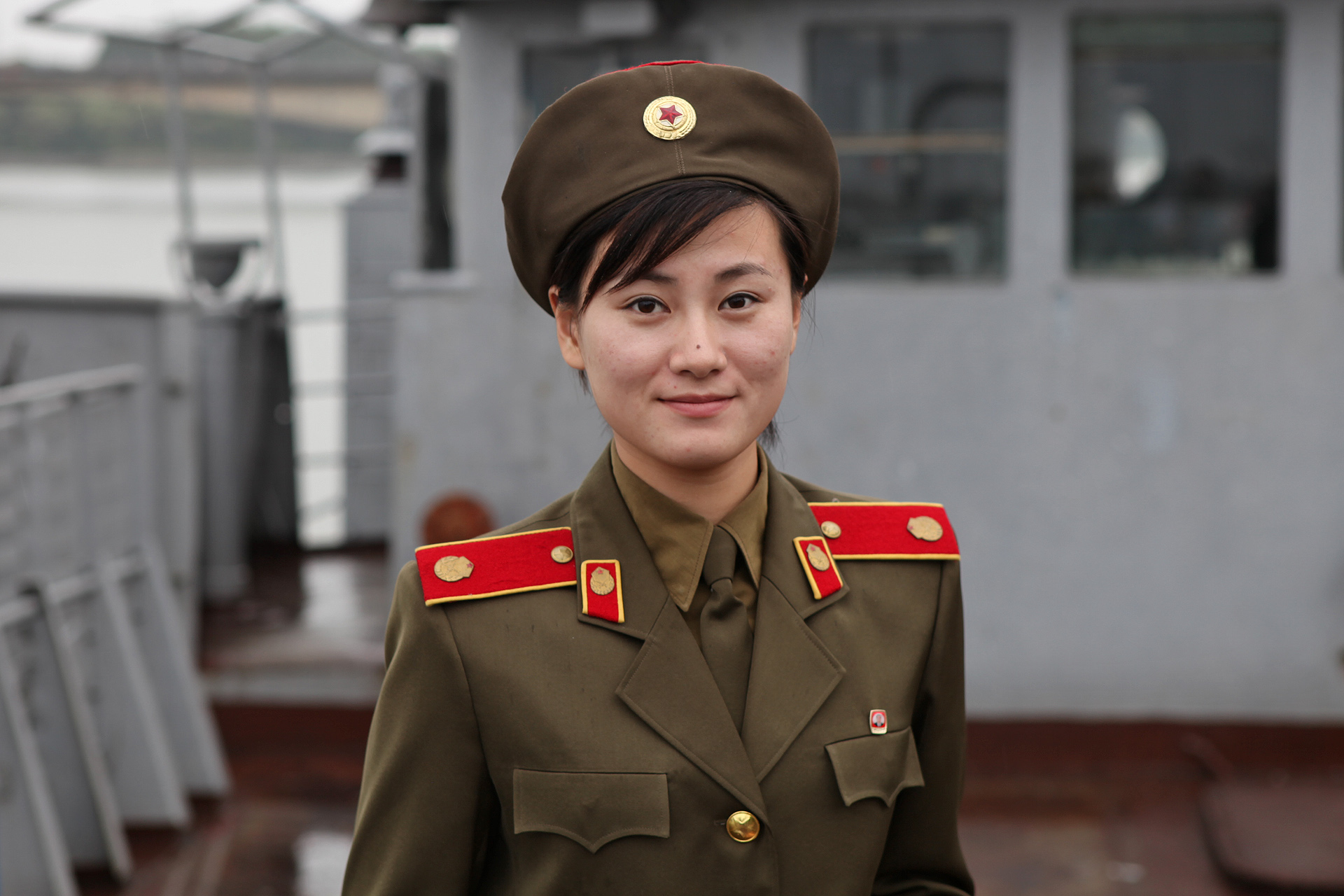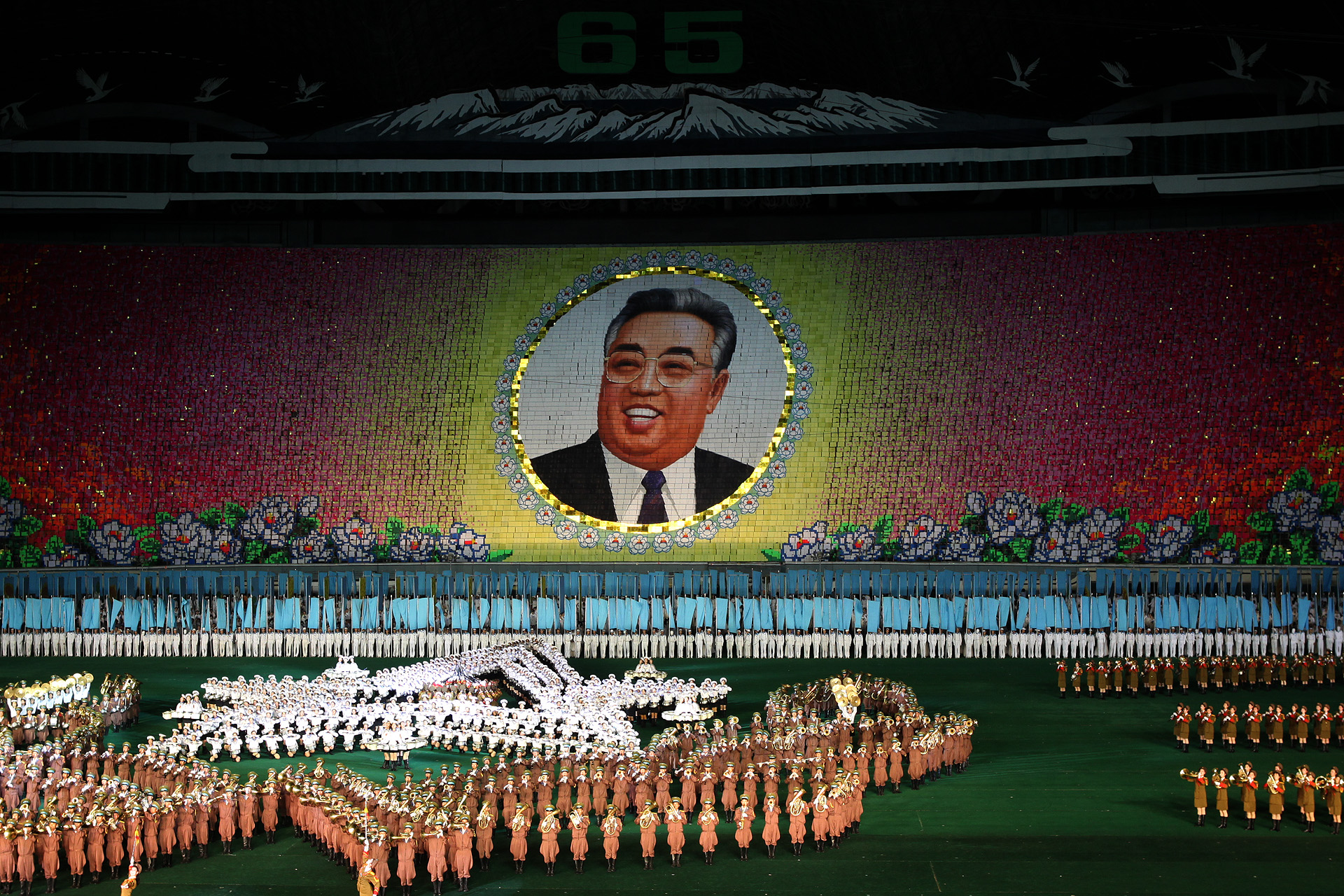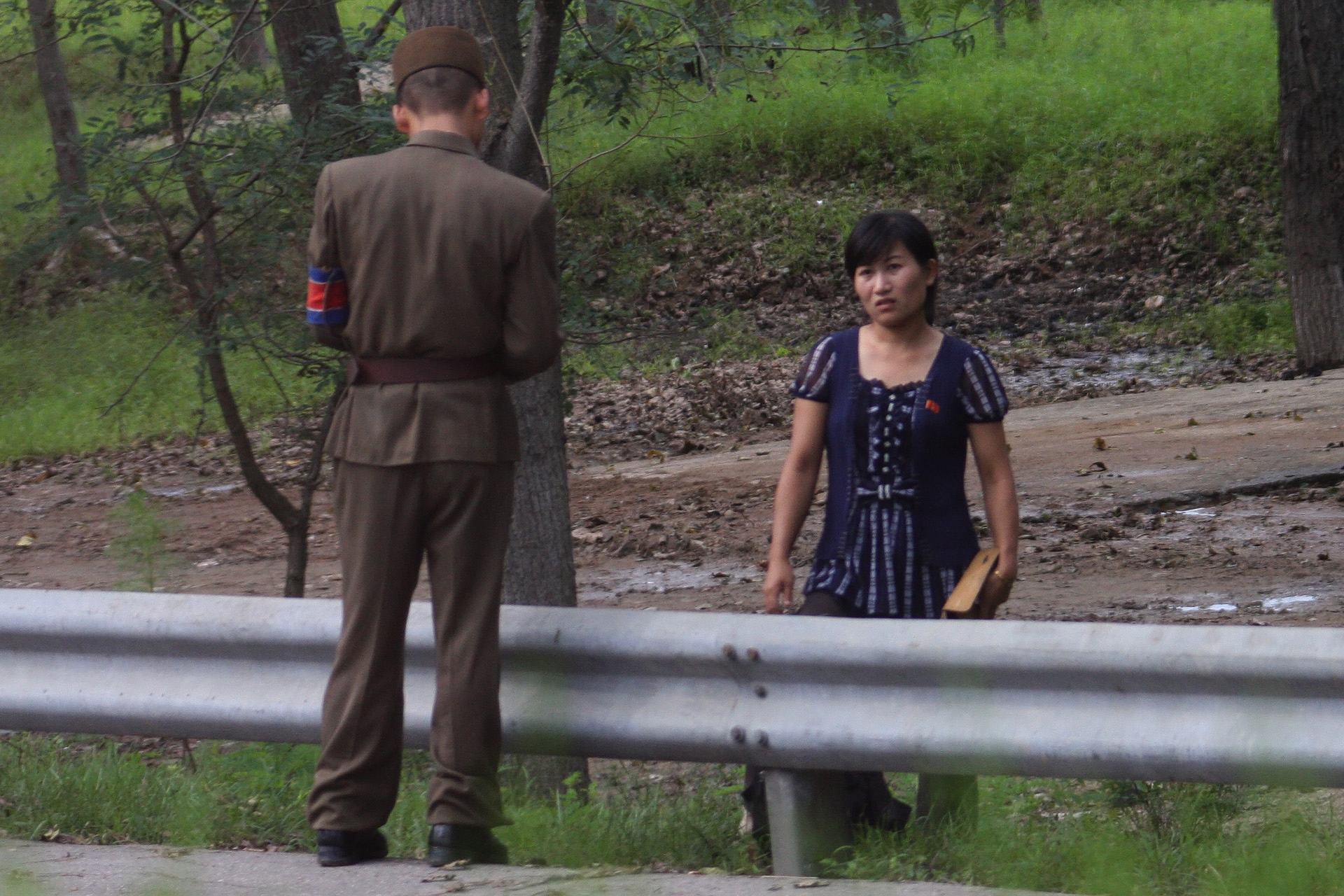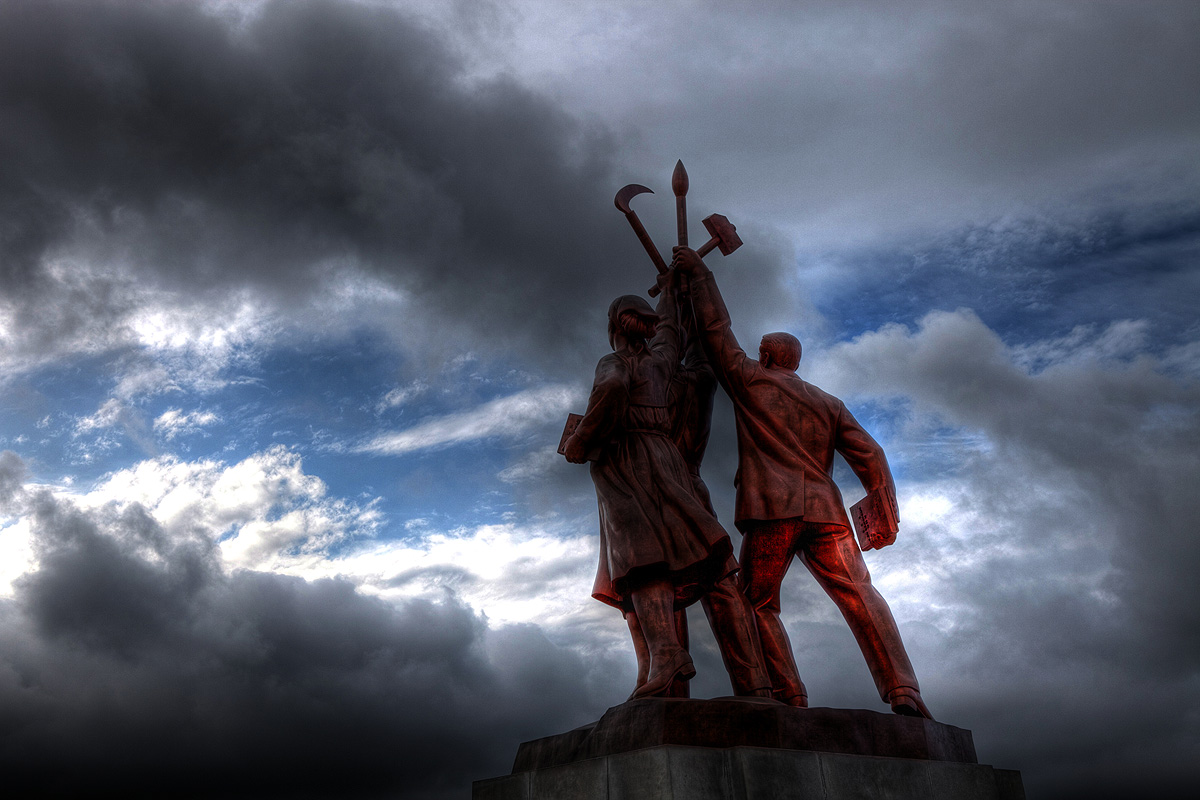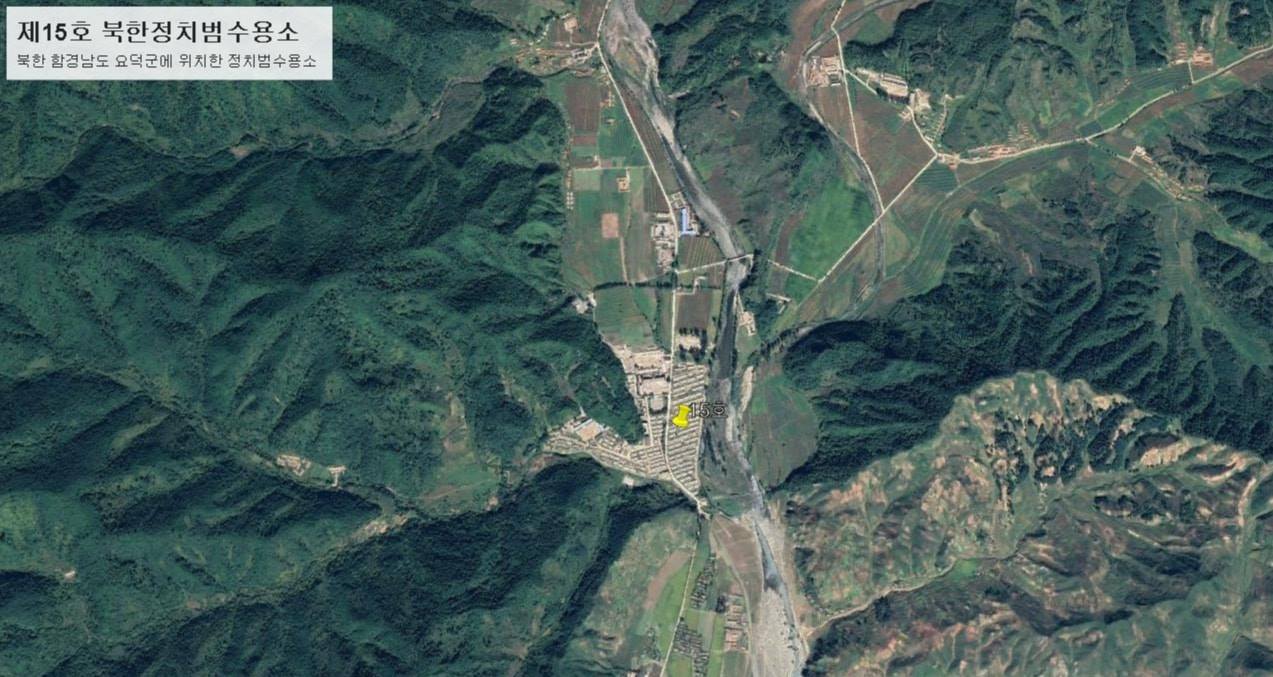Understand
the
Hermit
Kingdom
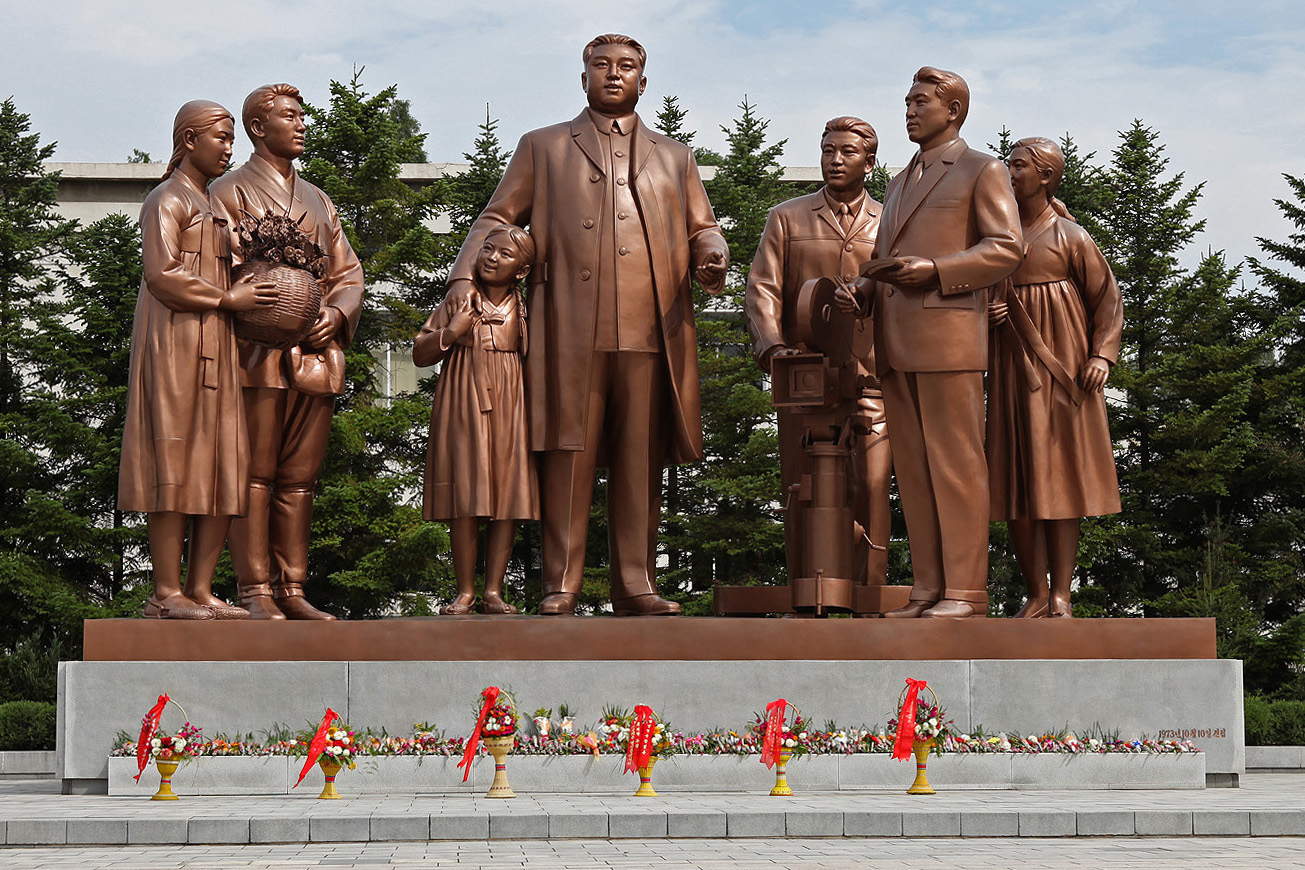
Statue of Kim Il-Sung, the Eternal President. Pyongyang, North Korea. [Photo used with permission by Roman Harak]

South Korean War refugees aboard USS Weiss, 1953 [Photo Pubic Domain U.S. Army]

Seoul was taken several times by North Koreans during the course of the Korean War. [Photo Public Domain U.S. Army, 1950 ]
